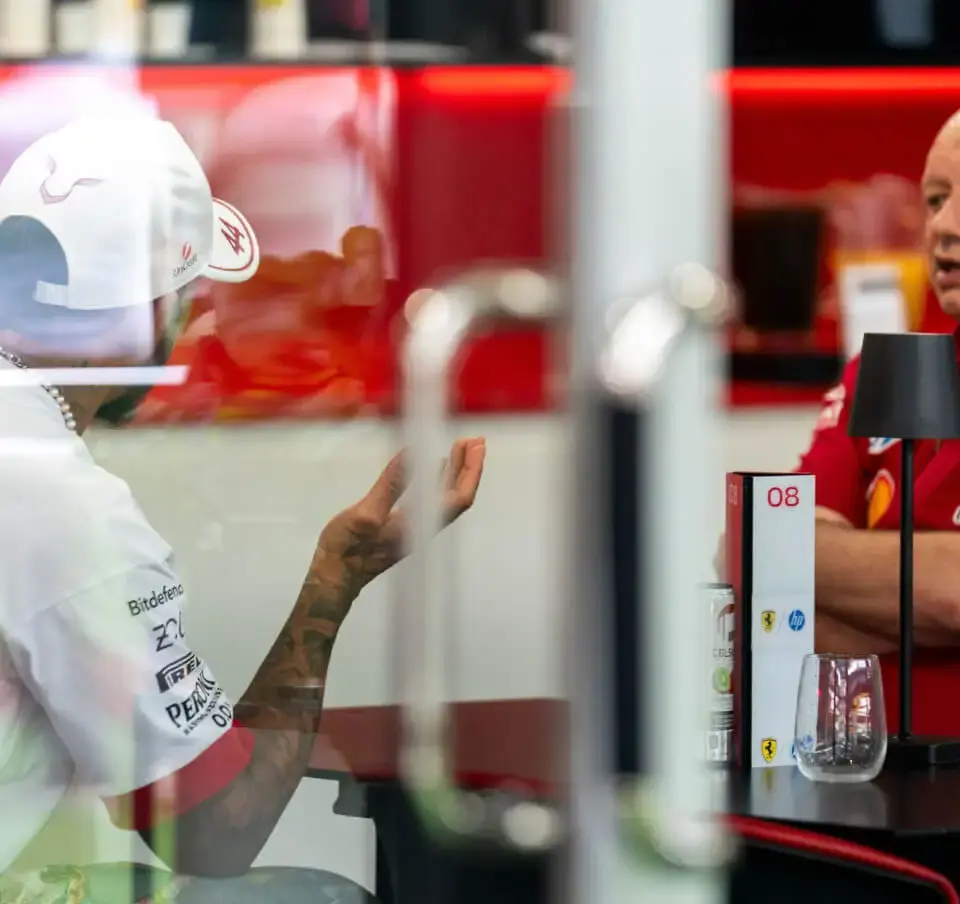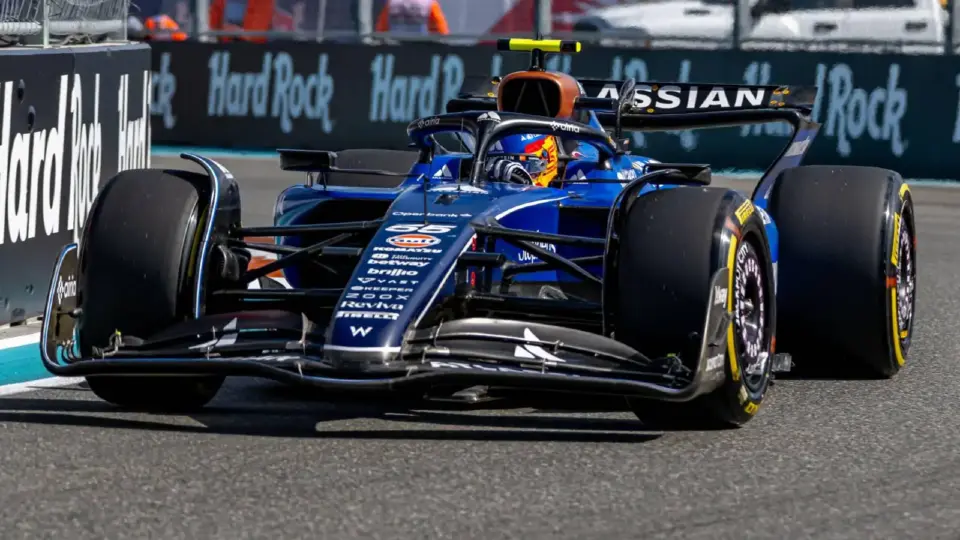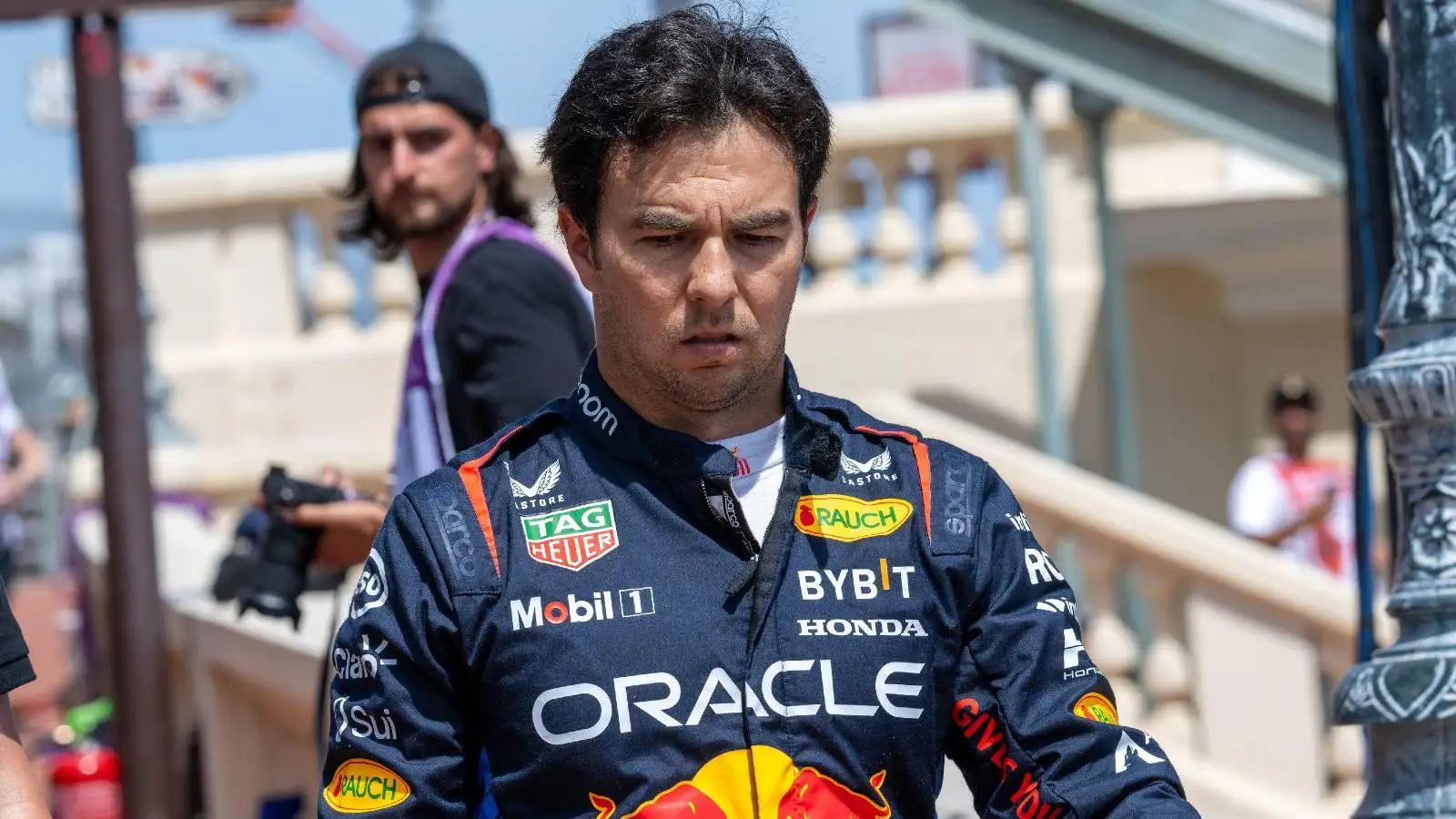In the vibrant heat of the Miami Grand Prix, the tension between Lewis Hamilton and Ferrari team principal Fred Vasseur became a focal point, highlighting the intense emotions on track when team orders came into play.
During Sunday’s race, Ferrari’s strategic calls added a layer of complexity to the spectacle. Twice, team orders dictated that Charles Leclerc would let Lewis Hamilton pass, only to later swap positions again. For Hamilton, this wasn’t just a race; it was an emotional rollercoaster. He expressed dissatisfaction to his race engineer, Riccardo Adami, remarking sarcastically, “Ah, have a tea break while you’re at it!” when informed about the position swap. The race concluded with Hamilton in eighth place, just behind Leclerc who managed to finish seventh.
The crux of the matter was explained when Vasseur approached Hamilton post-race, attempting to ease any brewing tensions. Vasseur understood the frustration; after all, no driver willingly relinquishes a position without a fight. Hamilton later commented, “Fred came to my room. I just put my hand on his shoulder and was like, ‘dude, calm down, don’t be so sensitive’.” This interaction appears to have diffused what could have escalated into a larger issue.
Vasseur, embodying the uneasy role of a team principal who has to make tough calls, reiterated that such decisions are inevitable if they align with team policy. “We are racing for Ferrari first,” he asserted, acknowledging the difficulty of making split-second decisions from the pit wall. The policy demanded swaps if drivers couldn’t catch up, a point he stood by despite the on-track frustrations displayed.
Hamilton’s pointed comments during the race, broadcasted widely, amplified the scrutiny on Ferrari’s decision-making process and its effects on team dynamics. Yet, Vasseur downplayed the significance of the day’s drama, preferring to focus on the broader performance issues in comparison to McLaren, saying it was more concerning that they finished significantly behind their competitors. “It’s not the story of the day,” he stated, pointing out McLaren’s superior race pace.
Despite the tempers that flared during the race, both Hamilton and Vasseur emphasized the importance of maintaining mutual trust. Vasseur noted, “My concern is not that he has to speak with TV, it’s that we need to be clear between us.” It seems that both parties walked away understanding the necessity of such orders in the pursuit of what benefits Ferrari as a whole.
The Miami GP was not just about speed and skill on the track; it also underscored the complexities of team politics in Formula 1. The interaction between Hamilton and Vasseur highlighted the challenges drivers face in adhering to team strategies that may not always align with their personal ambitions. However, despite the tensions, the goal remains the same: to push Ferrari forward in the championship race. As the season progresses, maintaining team cohesion will be key to navigating the competitive landscape of F1.










